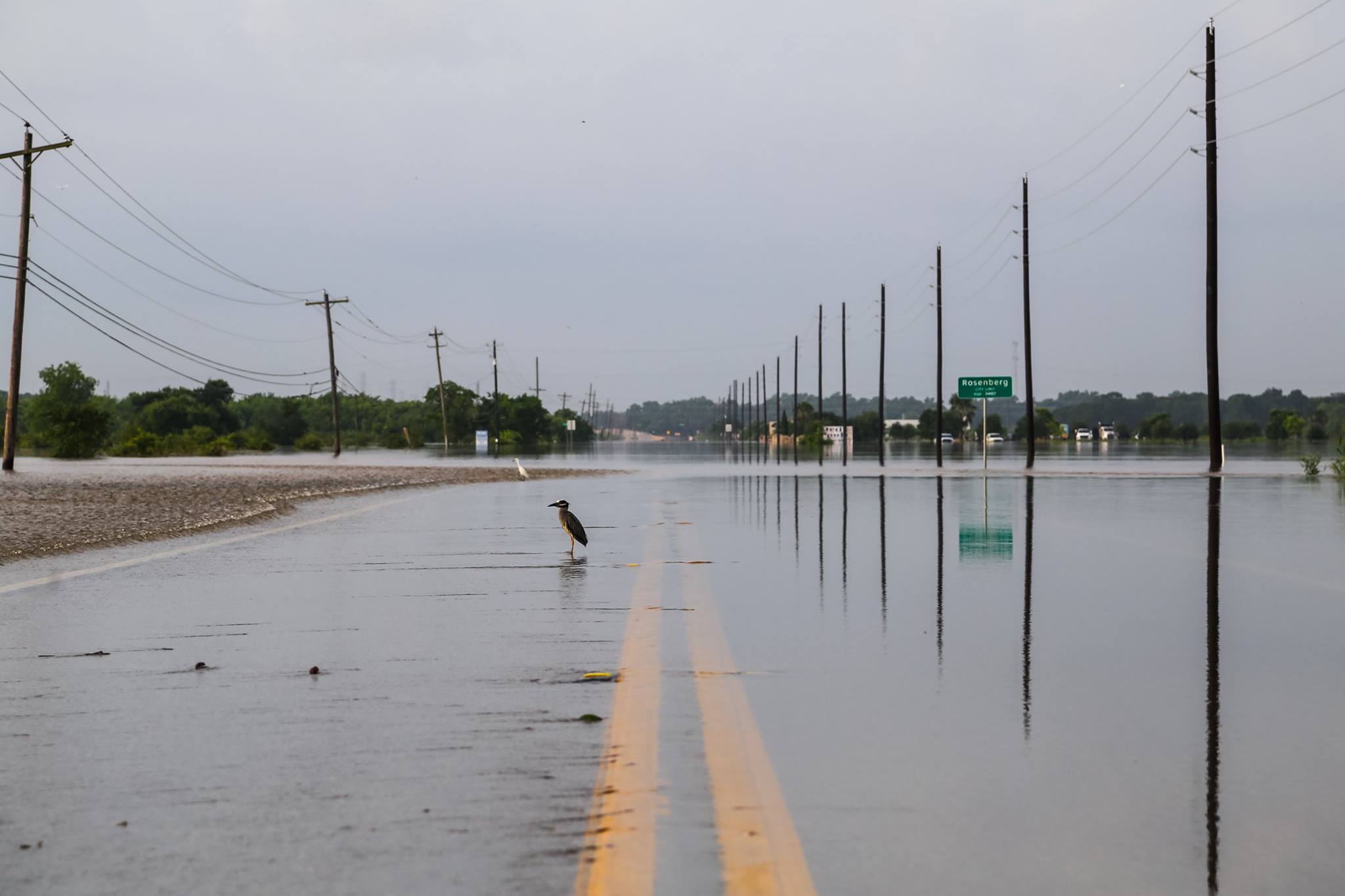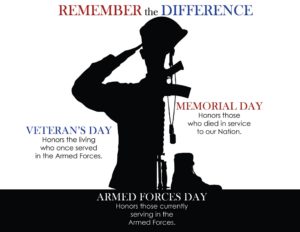While I am writing this reflection the water of the Brazos river is still rising. It has not crested yet. More rain is in the forecast and our little neighborhood is land locked. We cannot go anywhere. The kids are outside playing on the street without worrying if cars are coming. Neighbors are on their bikes, scooters, ATVs, roaming around. Most of us are at the two entrances of our neighborhood, watching the water that surrounds us. 723 is no longer a street – it is a huge big lake. My kids and I are fascinated: we see worms, craw fish, frogs, … creatures coming out of the bayous are now right in front of us. Some say they even saw alligators. We see piles of fire ants creating living floating rafts, their eggs on top of the float to secure the next generation of fire ants. Spiders fleeing the waters to safer grounds…we are fascinated how God’s beautiful creation is taking care of situations like that. We walk through the waters, feeling the power of the current running along our legs (there were no ants or snakes!!) “This is the Brazos?” they ask? Yes. “Wow”, they say, ”the river really got out of its usual bed!” They get a little scared. “Are we safe?”
With the flood we experience both: the beauty of nature – how wonderful and smart God created the creatures with their strategies of survival. And at the same time we feel the danger – the power that we are not in control of this creation. That we are helpless figures in the game of nature’s powers.
In Genesis 2 God made us his keepers of his creation. Tilt and keep, work and preserve, enjoy and protect. A fine balance between humankind and nature. We don’t own the world, we don’t control nature. We are all part of a very sensitive network, living and breathing together, nature and human beings. This flood has brought a lot of destruction and I pray for all the people who are impacted by the flood. But I also learn something from it: we should start to wonder again like my kids, if we start being fascinated by the mystery and beauty of nature – as we did when we were kids – maybe the balance between tilting and keeping, working and preserving, enjoying and protecting God’s creation becomes more balanced again.
Tilt and keep!
Rev. Mirjam Haas-Melchior










